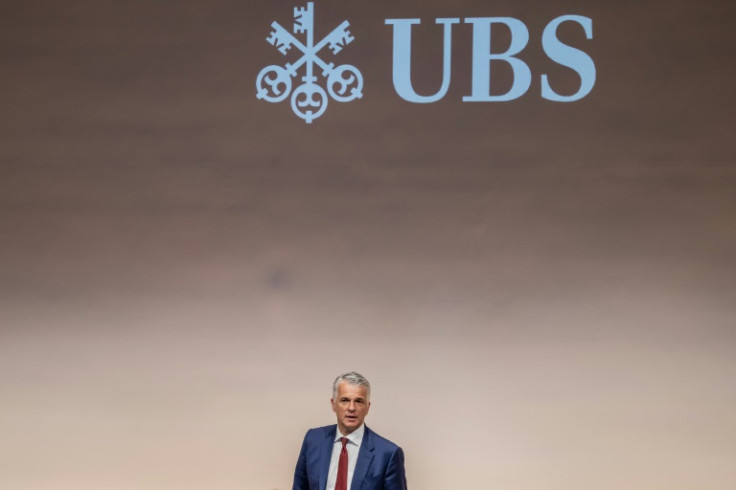UBS CEO Sergio Ermotti: Overpaid Or Worth Every Franc?
Sergio Ermotti, the CEO of UBS, Switzerland's banking giant, has emerged as Europe's highest-paid bank chief, earning 14.4 million Swiss francs ($15.9 million) in 2023. This hefty compensation package comes amid Ermotti's surprise return to the helm of UBS and the bank's ambitious integration of its stricken rival, Credit Suisse.

Ermotti's return to UBS for a second spell as CEO was announced in late March, as the bank embarked on the monumental task of integrating Credit Suisse's business. His previous tenure, which spanned from 2011 to 2020, was marked by notable achievements and strategic initiatives.
The compensation figures, disclosed in UBS' annual report, include both base and variable components. Ermotti's earnings for the nine months since his return in April 2023 underscore his pivotal role in steering the bank through a period of transition and consolidation.
While Ermotti's compensation may seem substantial by European standards, it pales in comparison to the pay packages of his Wall Street counterparts. JPMorgan CEO Jamie Dimon and Morgan Stanley's outgoing CEO James Gorman, for instance, received significantly higher compensation in 2023, reflecting the prevailing norms in the U.S. banking industry.
Despite Ermotti's impressive track record and leadership, UBS faces challenges in achieving comparable returns and valuations to its U.S. peers. The bank's anticipated underlying return on common equity Tier 1 capital remains modest, and its stock valuation lags behind that of its New York-based competitors.

However, stakeholders remain optimistic about UBS's prospects, particularly in light of its extensive wealth management operations. Shareholders, including prominent investor Cevian Capital, believe that the integration of Credit Suisse's business will unlock value and pave the way for higher returns in the future.
UBS's compensation policies, particularly regarding executive pay, have drawn scrutiny from stakeholders in Switzerland. The bank's decision to increase the cap on Ermotti's total compensation to 7 times his annual salary reflects its commitment to aligning executive remuneration with performance targets and shareholder interests.
While the generosity of Ermotti's compensation may raise eyebrows, the majority of his bonus is structured in deferred stock and bonds, underscoring UBS's emphasis on long-term value creation. As the bank continues to execute its strategic objectives and deliver on its financial targets, Ermotti stands to further solidify his position among the elite ranks of global banking executives.
© Copyright IBTimes 2024. All rights reserved.



















